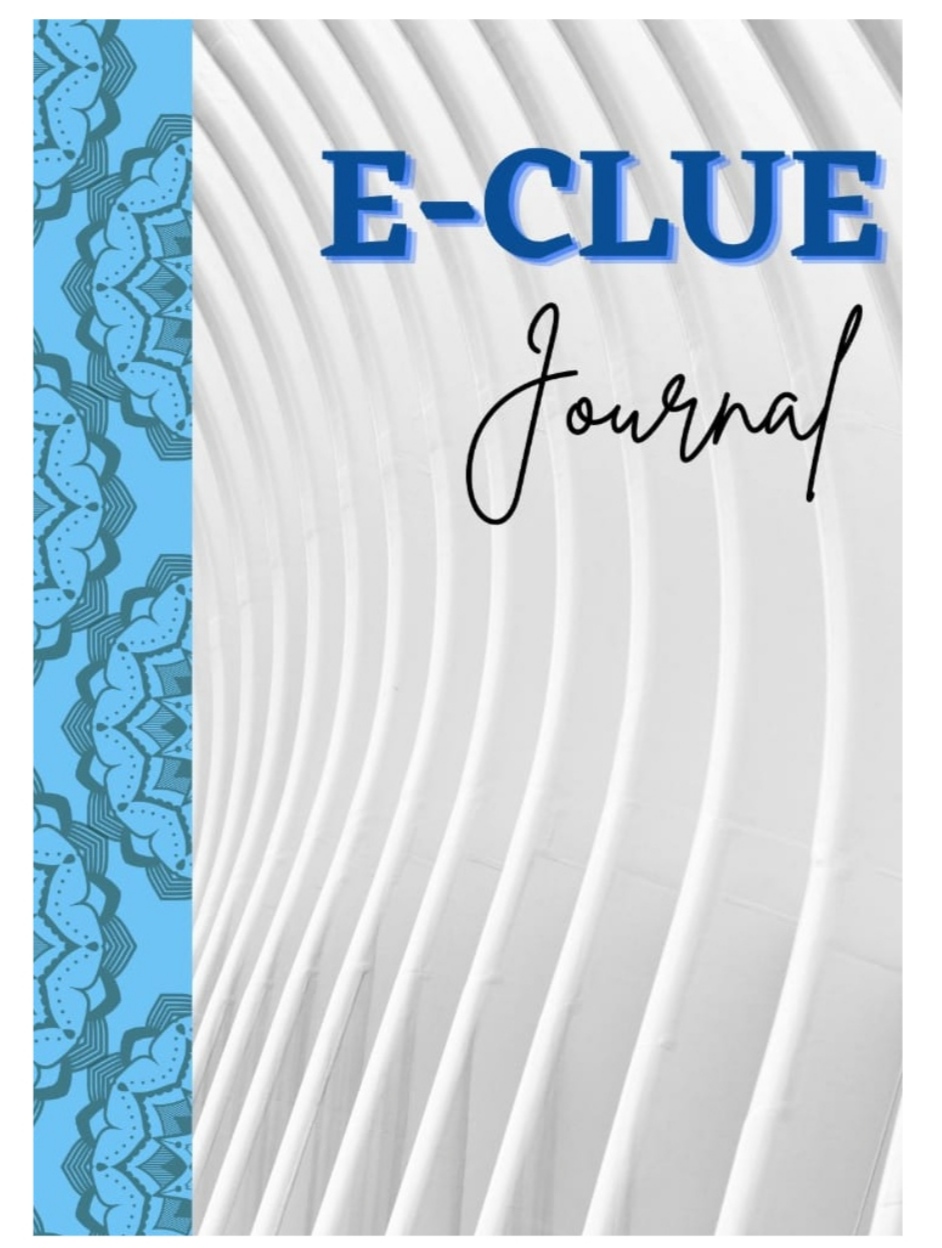THE THE CORRELATION BETWEEN STUDENTS INTEREST AND ACADEMIC ACHIEVEMENT IN LEARNING ENGLISH
DOI:
https://doi.org/10.53682/eclue.v9i1.1574Keywords:
Students’ interest, Students’ Academic achievement, English Learning, EFLAbstract
This study focuses on students interest in English and how it influences students achievement The aim of this study is to figure out whether there is a correlation between students interest and their academic achievement in learning English The number of the sample in this research are 87 students at the second grade of SMA Negeri 1 Tomohon This study used quantitative research design which is non experimental research The data collected with questionnaire to obtain the information about students interest and students achievement in learning English The questionnaire consists of 31 items divided into positive and negative statements The items were tested with SPPS to determent the validity and the reliability of each items The data was analysed by using the formula of Pearson Product Moment Correlation It was found that the correlation score was 0 424 The significance value was 0 217 showed in the r table The score of correlation 0 424 was higher than the significance value 0 217 means that the alternative hypothesis was accepted Based on the result it can be concluded that there was a positive correlation between students interest and their academic achievement in learning English The researcher suggests that the case interest is very important particularly in affecting students achievement therefore it must be improved < p>
References
Aliaga M Gunderson B 2002 Interactive Statistics Saddle River NJ: Prentice Universitas Negeri Malang
Ary Donald Jacobs L C Razavieh A 2002 Introduction to Research in Education Belmont: Wadsworth
Clark L H and Starr I S 1981 Secondary and Middle School Teaching Method New York: McMillan Publishing Co Inc
Cook B Cook L 2008 Nonexperimental Quantitative Research and Its Role in Guiding Instruction Hanmil Institute on disabilities and SAGE
Girsang M A Liando F V N Maru G M 2020 Improving Students Ability in Writing Descriptive Text by Using Realia Media JELLT vol 5 No 01
Hampp P 2019 Use of Songs in Teaching Simple to be and Past Tense Teaching Journal of English Language and Literature Teaching
Khairani Makmun H 2014 Psikologi Belajar Aswaja Pressindo
Krashen S 1981 Second Language Acquisition and Second Language Learning Oxford: Pergamon Press
Lalogiroth A Tatipang D P 2020 An analysis of english national exam and english teachers perception using bloom s revised taxonomy Journal of English Culture Language Literature and Education 8 1 1 21
Lambe L 2019 Overcoming Difficulties in Learning English at the 8th Grades Students in Christian Junior High School Ranotana Weru Journal of English Language and Literature Teaching
Lengkong P P Pelengkahu N Tuerah J C 2019 Students Perception Towards English Teaching Stimulus Variation Skills at SMP Kristen Rurukan JELLT vol 4 No 02
Liando N F Martha S 2019 Digial Media and Students Writing Ability Journal of Educational Method and Technology Vol 2 No 2
Lowhorn G 2007 Qualitative and Quantitative Research: How to choose the Best Design Regent University: Academic Business World International Conference
Mazrul A K M 2021 Major Phonemic Problems of Bangladeshi Learners of English Journal of English Language Teaching
Mogea T 2019 The Effectiveness of Question and Answer Technique in Teaching Reading Comprehension at SMP Negeri 3 Ratahan Journal of Educational Method and Technolody 2 2
Mokodompit R N Samola N F Tuerah J C 2020 Students Perception of Using Youtube in Vocabulary Mastery JELLT Journal of English Language and Literature Teaching
Mumek F 2018 The Correlational Study of Past Tense and Compound Word Mastery toward the Ability in Comprehending Narrative Text
Panambunan E Tulung G J Maru M 2016 Improving Students Speaking Ability through Communication Language Teaching of The Second Level Students at MEC Megalia English Course Universitas Negeri Manado: Lembaga Penelitian UNIMA
Paranduk R Karisi Y 2020 The effectiveness of non verbal communication in teaching and learning english: a systematic review Journal of English Culture Language Literature and Education 8 2 145 159
Sugiyono 2011 Metode Penelitian Pendidikan Pendekatan Kualitatif Kuantitatif Bandung ; Alfabeta cv
Tuilan J Tuerah JIC Mewengkang A Paat W Mege RA 2018 English Teacher Efforts to Improve Students Listening Ability: A Study at Don Bosco Catholic Junior High School Tomohon 1st International Conference on Social Science ICSS 2018
Wulur E J A Liando V F N Rorimpandey 2020 Improving Students Motivation in Studying English Using Audio Lingual Method JELLT Vol 5 No 01






